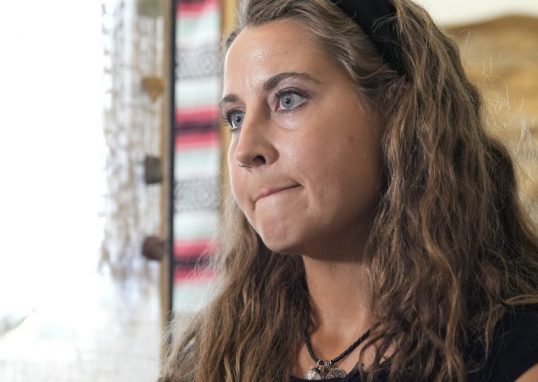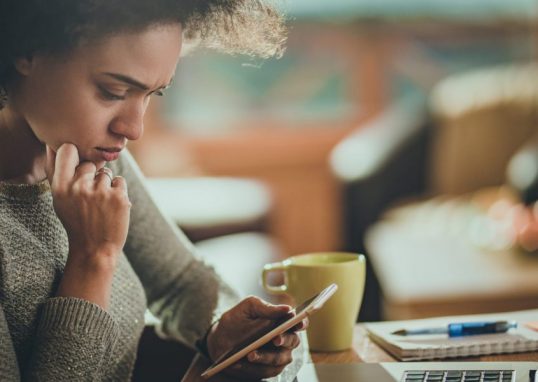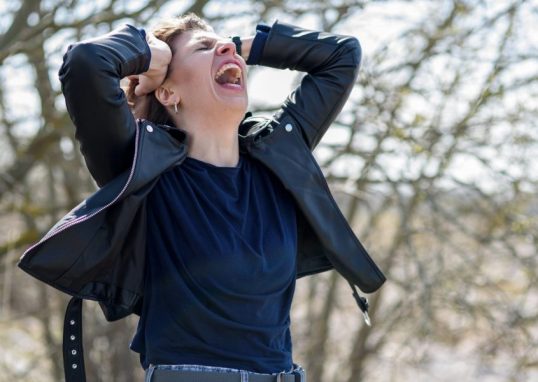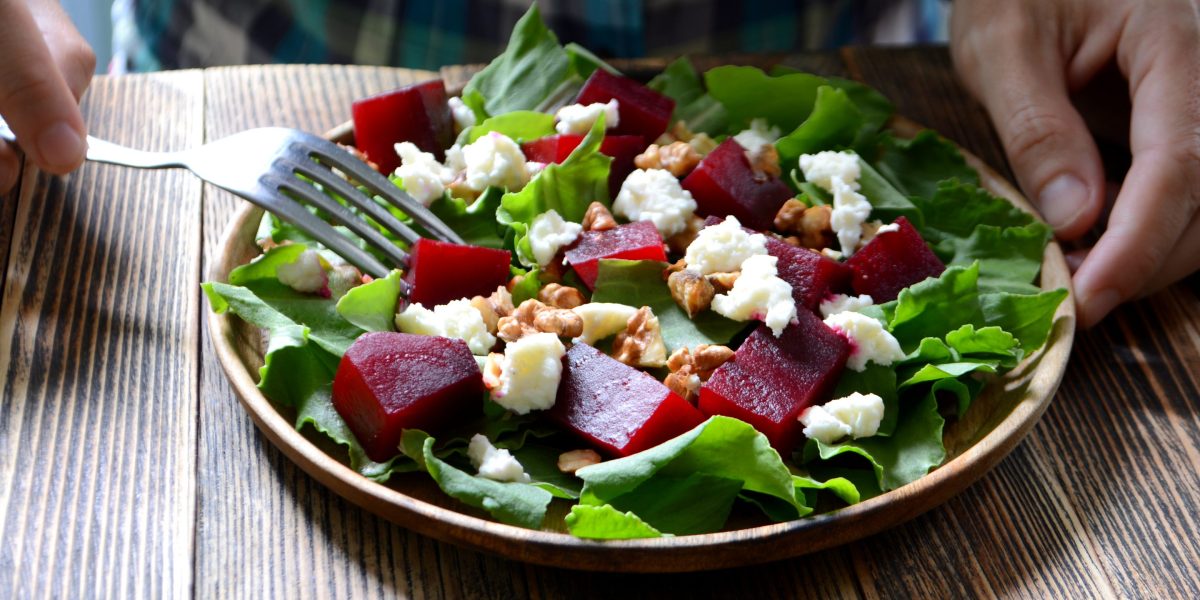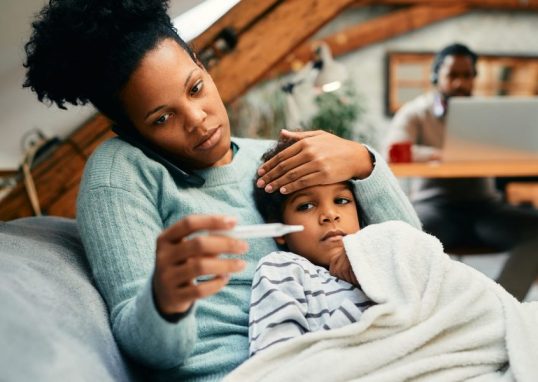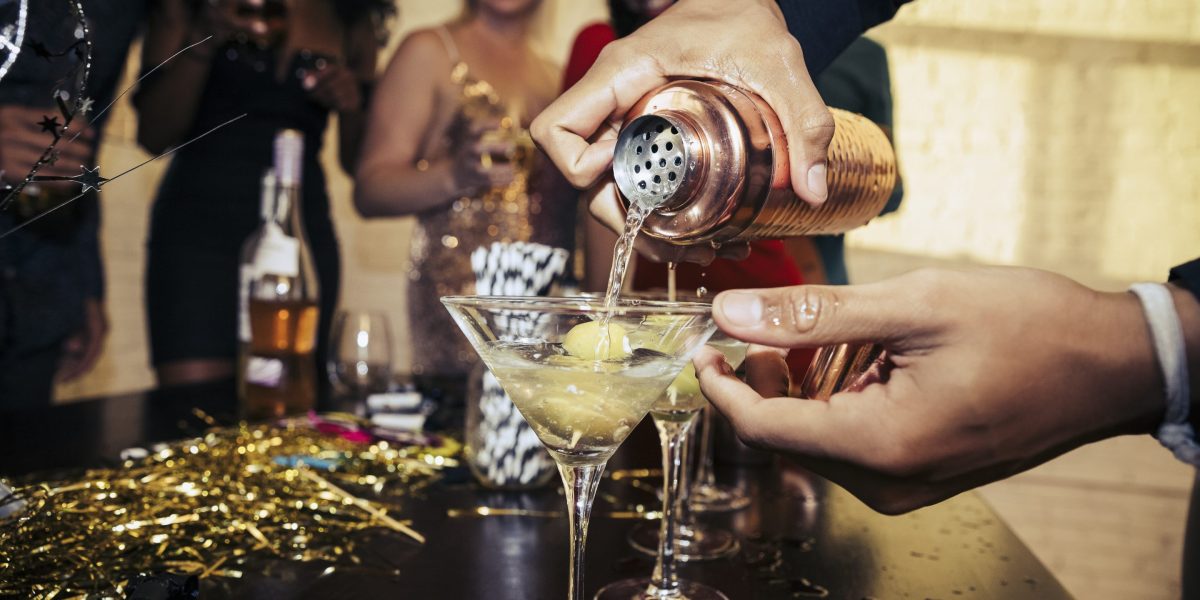
The high percentage of people who think drinking is bad for one’s health marks a six-point increase over last year and a 17-point increase since 2018, when Gallup last posed the question.
That young people are leading the way with this mindset tracks with both Gallup’s recent findings and that of others regarding the drinking habits of millennials and Gen Z, whose alcohol consumption has dropped significantly in recent years.
A study published in May, for example, found that binge drinking was declining among adolescents and early young adults. And between 2002 and 2021, according to the National Institute on Alcohol Abuse and Alcoholism, prevalence of alcohol use in the past 30 days among 16- and 17-year-olds dropped by 58%; among 14- and 15-year-olds, it fell 69%.
More findings about alcohol behaviors and beliefs
About six in 10 U.S. adults, or 58%, say they occasionally drink, slightly below the historical trend of 63% in Gallup polls since 1939. Those who do drink report, on average, that they had four drinks in the past week, an average that’s held since 1996.
But only 16% of those who do drink say they sometimes overindulge—the fifth consecutive time this percentage has been below 20%.
Gallup also found that almost nine in 10 U.S. adults say alcohol use is “very” (33%) or “somewhat” (53%) harmful to those who drink it—both up three points in a year. Only 8% say alcohol is “not too harmful,” and 2% think it is “not at all harmful,” while those who drink (21%) are less likely than nondrinkers (51%) to say alcohol is very harmful. (On the whole, though, according to separate new findings from Gallup, Americans view cigarettes, chewing tobacco, and e-cigarettes as significantly more harmful than alcohol.)
Attitudes toward booze vary by generation, with 65% of young adults 18 to 34 saying it’s unhealthy and only 37% of adults 35 to 54 and 39% of adults 55 and older in agreement.
Gallup notes that “while it is not a new phenomenon that younger people are more likely than those in older age groups to view alcohol as unhealthy, the latest gaps in perceptions are the largest recorded” ever by the polling company.
Why are young people turning against alcohol?
Theories about the shift abound, with Nielsen IQ noting earlier this year that Gen Z folks of legal drinking age “embrace better-for-you products like low alcohol, no alcohol, and hard kombucha,” and that the most preferred alcoholic product (by 34% of those surveyed) is hard seltzer, which typically has a lower alcohol content and less sugar and calories than many other alcoholic drinks.
That’s likely because, the report noted, Gen Z has a tendency to be more “healthy conscious and focused, likely contributing to the increasing number of nonalcoholic product seekers. Alcohol-free beverages are a good solution to avoiding social pressure or the feeling of being left out.”
Other theories about why young adults are drinking less include an awareness of mental health and its connection with alcohol use and abuse.
“There’s now more data and more awareness about the harms of alcohol on health, and the Gen Z population seems to be more focused on health, which is great,” Dr. Akhil Anand, an addiction psychiatrist, recently said on Cleveland Clinic’s Health Essentials podcast.
He also surmised that Gen Z dislikes the weight gain and the hangovers that come with imbibing—not to mention that they may prefer other substances, particularly cannabis.
“Another theory, it’s a very simple one, is the American demographic population is changing, the race population is changing. So there are more mixed ethnicities and an increase in Black and Hispanic population, which tend to drink less than the white population,” Anand added. “So that’s another reason why the numbers are decreasing in the Gen Z population. There’s a lot of theories. It’s probably a combination of everything.”
More on alcohol and your health:
- Global cancer rates are expected to rise 77% by 2050, the WHO warns. From aging to alcohol, here’s why
- Alcohol and drug use linked to over 3 million annual deaths worldwide
- Alcohol-fueled hospital visits are spiking among middle-aged women, study says

